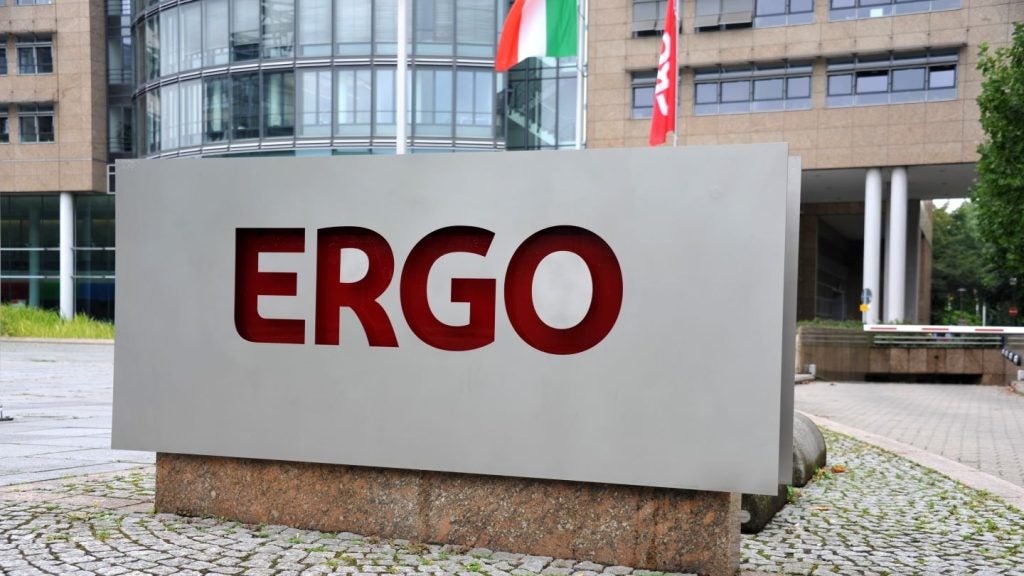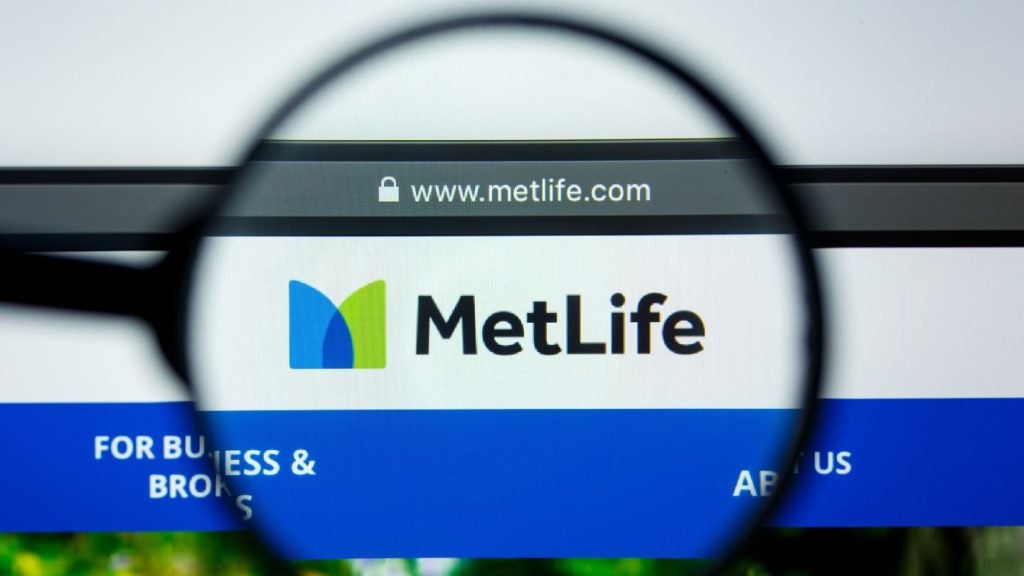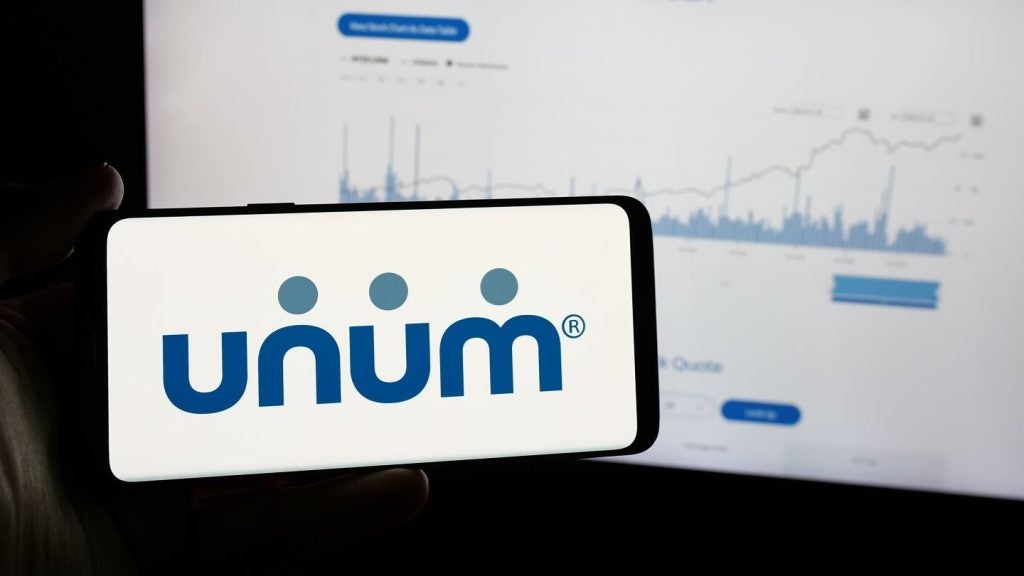(FREE) REGULATION
State commissioner tells insurers to play
fair
Thomas R Sullivan, Connecticut’s insurance commissioner has issued
a stern warning to life insurance companies and their
representatives who use the financial status of competitors to
unscrupulously encourage policyholders to switch carriers.
Writing in a bulletin to CEOs of insurers licensed in the state,
Sullivan stressed: “Though it is acceptable for companies and their
representatives to reference their financial strength, it is not
acceptable – and likely a violation of Connecticut law – for
companies and their representatives to make unfair or misleading
statements, implications or innuendos about the financial condition
or solvency of other companies.”
Sullivan warned that his office will scrutinise replacement
activity of all insurance policies, including but not limited to,
sales promotional schemes oriented towards replacement of life
insurance products and product and compensation designs which seem
to be applicable only to replacement situations.

US Tariffs are shifting - will you react or anticipate?
Don’t let policy changes catch you off guard. Stay proactive with real-time data and expert analysis.
By GlobalDataISSUES
Swine flu creates dilemma for industry
Since the report of the first human to die after being infected by
the A(H1N1) virus, or swine flu, hit the headlines in mid-April,
the world has been gripped with fear that a pandemic of major
proportions has struck.
While a major pandemic appears inevitable (see LII 234), whether
A(H1N1) is the one to be feared is uncertain.
According to the World Health Organisation (WHO) as at 10 May, 29
countries had reported 4,379 A(H1N1) infections and a total of 49
deaths. Deaths have been confined to Mexico with 1,626 infections
and 45 deaths, the US with 2,254 cases and two deaths, Canada with
280 cases and one death and Costa Rica with eight cases and one
death.
Allaying fears, WHO director general Margaret Chan told delegates
to a conference in Bangkok held on 8 May: “The world is better
prepared for an influenza pandemic than at any time in
history.”
But on a cautionary note, she added: “The only certain thing that
can be said about influenza viruses is that their behaviour is
entirely unpredictable. No one can say how the current situation
will evolve.”
Meanwhile the avian flu (H5N1) virus continues to claim lives, the
WHO reporting 28 cases and eight deaths so far this year and a
total of 423 cases and 258 deaths since 2003.
COMPANIES
Aviva takes steps to strengthen financial
fortifications
Aviva, the UK’s largest insurance company, has taken decisive steps
to ward off the impact of any further deterioration in global
financial markets.
Among Aviva’s key initiatives during the first quarter of 2009 was
an increase in its regulatory capital position based on the
European Union Insurance Groups Directive from £2 billion ($3
billion) at the end of 2008 to £2.5 billion at the end of March
2009, after taking into account the 2008 final dividend.
Aviva noted that factors contributing to the increased capital
surplus included ongoing operating profit, the issue of hybrid
bonds and use of additional re-insurance in its UK life business.
While no analysis of the contributions of these factors was
provided, the insurer did note that a 35 percent uptake of the
final dividend in scrip form accounted for some £200 million of the
increased capital surplus.
Aviva also increased its equity hedging, noting that a 40 percent
fall in equity markets would reduce its capital surplus by only
£200 million at 31 March 2009, while a 40 percent rise would
benefit the surplus by £800 million.
Solid first-quarter 2009 results saw Aviva’s worldwide sales rise
to £10.3 billion, up 5 percent compared with the first quarter of
2008, Life and pension sales, up 11 percent, accounted for £9.7
billion.
Bancassurance sales were robust, rising 15 percent overall and 20
percent in the life and pensions segment where they accounted for
almost a third of total sales.
PRODUCTS
UK gets first HIV cover
In a UK first for a mainstream insurer, PruProtect has launched a
life insurance policy specifically targeting people who have
contracted the human immunodeficiency virus (HIV). The product
provides up to £250,000 ($370,000) life cover over a maximum period
of 10 years.
Providing cover for HIV sufferers has been made possible for
advances in Highly Active Antiretroviral Therapy (HAART). Based on
data from reinsurer Hannover Life Re (UK). PruProtect believes that
20 percent of people who started HAART treatment in the last five
years could now be eligible for cover.
At present, noted PruProtect, this represents up to 7 percent of
people currently diagnosed with HIV.
PruProtect noted that premiums for its HIV product will be
underwritten on individual circumstances and will generally be
higher than traditional life insurance policies to accurately and
fairly reflect the risk.
Based on estimates by non-profit body Terrence Higgins Trust, some
97,400 cases of HIV have been reported since in the UK the early
1980s and over 18,000 people with HIV have died during this
period.
PruProtect is the trade name for Prudential Health Services, a
joint venture between UK insurer Prudential and South African
insurer Discovery.
COMPANIES
Tesco teams up with Friends Provident
Tesco, the UK’s largest grocery chain, has entered into an
exclusive distribution agreement with Friends Provident’s (FP)
under which it will distribute the life insurer’s protection
products via its stores and its personal finance website.
This positive development comes against the background of a
disappointing first quarter for FP which saw sales decrease by 40
percent compared with the first quarter of 2008 to £148 million
($218 million).
The result was well below a consensus forecast by analysts of sales
of £205 million for the first quarter.
The insurer announced that it was on track to achieve annual cost
savings £31 million, up from £25 million targeted at the end of
2008, a year in which it reported an £871 million pre-tax
loss.
FP is currently trading at £0.60 per share, some 50 percent off its
52-week high. In early-2008 FP’s board rejected a £1.50 per share
acquisition offer from US private equity firm JC Flowers.
MERGERS AND ACQUISITIONS
Aviva bolsters Russian pension market
position
UK insurer Aviva has signed an agreement to acquire ING Group’s
non-state pension fund business and its holding company in Russia
for an undisclosed sum. The deal has received regulatory approval
and is expected to close later this month.
The acquisition brings with it assets under management of £30.4
million ($45 million) and, according to Aviva, will result in it
becoming the leading foreign-owned provider of non-state pension
fund products in Russia, with around a 10 percent share of the
assets under management in the non-captive corporate pensions
market.
“This acquisition will grow our market share of the Russian
non-state pension fund business significantly, taking us from a top
three foreign-owned player to the leading position,” said Aviva
Europe chief executive Andrea Moneta.
Moneta added that the deal also provides the opportunity for Aviva
to cross-sell other life and savings products to a substantial
customer base.
ING’s Russian pension fund sale follows other recent disposals by
the Dutch bancassurer including its 70 percent stake in ING Canada
for €1.4 billion ($1.9 billion) as part of strategy to divest
itself as market conditions permit of between €6 and €8 billion in
what it terms non-core activities.
REGULATION
Malaysia eases limits on foreign insurers
Bank Negara, Malaysia’s central bank, has announced measures aimed
at liberalising the country’s financial sector as one of the final
phases of its Financial Sector Master Plan initiative launched in
2001.
Of particular significance is a decision to increase the limit on
the foreign equity holding in Malaysian-based insurance companies
from the existing 51 percent to 70 percent.
In addition, Bank Negara will consider permitting a foreign equity
stake in Malaysian insurers of above the 70 percent limit on a
case-by-case basis. This concession, noted the banks, will be for
companies that can facilitate consolidation and rationalisation of
the insurance industry.
Bank Negara has also announced that it will grant up to two new
family takaful (life insurance) licences in 2009, a move which it
said is designed to move to enhance the country’s position as an
international Islamic financial hub.
Takaful companies must have a paid up capital of MYR100 million
($28 million) and are also subject to the increase in foreign
equity participation.
In the banking sector, Bank Negara is to issue up to two new
commercial banking licences and up to two new Islamic banking
licences in 2009 and up to two new commercial banking licences in
2011.
All new licences will be offered to foreign companies.
DEVELOPING MARKETS
Allianz’s successful foray into
micro-insurance
Small but profitable is how the president director of Allianz Life
Indonesia (PLI), Jens Reisch, describes the insurer’s
micro-insurance programme launched in 2006.
“For us, micro-insurance has a double bottom line: it has a
positive social impact and is financially sustainable for us,” said
Reisch.
He added that, even though premium income of micro-insurance
business is relatively small, given the right administration and
management it generates a reasonable profit.
PLI’s programme gained considerable momentum in 2008 with the
number of micro-
insurance policies quadrupling compared with 2007 to some
178,000.
Annual premium income increased by 350 percent to IDR1 billion
($90,000).
In 2008, Allianz Indonesia settled 76 claims for its
micro-insurance customers.
DEVELOPING MARKETS
Generali enters UAE life market
Advancing its strategy of expanding into fast-growing markets,
Italian insurer Generali has been granted a licence to establish a
life insurance business in the United Arab Emirates (UAE) by the
federation’s Ministry of Economy.
Commenting on the development, Generali Group CEO Sergio Balbinot
said: “With the number of expatriates and high net worth
individuals coming from Europe, USA or Asia amounting to 80 percent
of the population, the United Arab Emirates’ insurance market,
which has been growing above 20 percent over the last years, has
certainly a still untapped potential for future growth.”
Balbinot added that Generali will pay particular attention to
developing Islamic Sharia-law compliant takaful insurance
products.
The UAE, which comprises Abu Dhabi and Dubai – the two main
emirates – Sharjah Ajman, Umm al-Quwain, Ras al-Khaimah and
Fujairah, has a population of about 4.5 million people.
According to Generali, the UAE’s insurance market generates annual
premium income of about $4.7 billion of which life insurance
represents only 16 percent.
Penetration of life and general insurance combined stands at only
1.7 percent of the UAE’s GDP.
COMPANIES
Aegon rids itself of a costly Asian problem
Ending a 16year presence in Taiwan, Aegon has announced the sale of
its Taiwanese life insurance unit to Zhongwei Company, a holding
company established and funded by a consortium led by the chairman
of Taiwanese property and construction company Meifu Development
and the president of glass manufacturer Taiwan Glass
Industry.
Though the Dutch insurer did not disclose the deal price it noted
that the sale is based on a valuation of Aegon Taiwan at about €65
million ($86 million) at the end of 2008.
Aegon estimates the sale will result in a total negative earnings
impact of about €400 million in the second quarter of 2009,
resulting in a charge of about €300 million to shareholders’
equity.
However, the sale rids Aegon of a unit that recorded a net loss of
€103 million in 2008. The sale also enables Aegon to avoid
scheduled capital contributions to Aegon Taiwan which in turn will
“substantially” lower its required economic capital.
Aegon CEO Alex Wynaendts stressed that the insurer still views Asia
as an important growth market.
“We will focus our attention on further developing Aegon’s Asian
platform which we believe offers significant growth and return
prospects in the coming years,” said Wynaendts.
COMPANIES
BNP Paribas increases stake in Korean
venture
French bancassurer BNP Paribas’ composite insurance unit BNP
Paribas Assurance has increased its stake in Korean life insurer
SHC & Life Insurance (SHC Life) from 50 percent to 85 percent
under an agreement reached with its partner in the insurer, Shinhan
Financial Group, Korea’s second largest financial services
company.
No financial details of the deal were disclosed.
Under the terms of the agreement, Shinhan has transferred its 50
percent plus one share interest in SHC Life as follows: 35 percent
plus two shares to BNP Paribas Assurance and 15 percent minus one
share to its banking unit, Shinhan Bank.
Commenting on the deal, BNP Paribas Assurance chairman and CEO Eric
Lombard said: “BNP Paribas Assurance has decided to increase its
stake in this joint venture by 35 percent to bring our Korean
clients a broader portfolio of products and personalised
services.”
Specifically, SHC Life Insurance is to add protection products to
its existing range of savings products marketed since its founding
in 2002.
In addition to continuing to distribute SHC Life’s products through
Shinhan Bank’s 970 branches, BNP Paribas plans to add new
distribution agreements with other financial services companies in
Korea.







